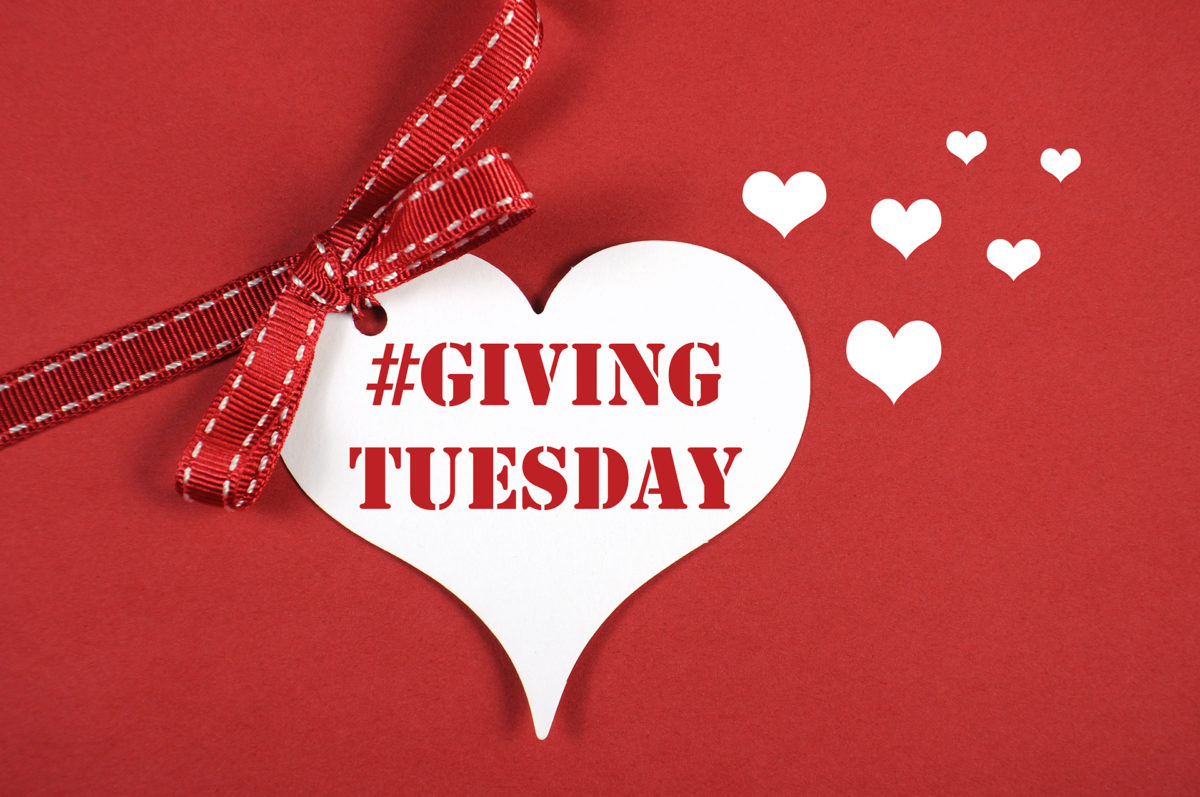
A study that describes itself as the first to “specifically examine Asian American adolescents’ beliefs regarding discussions of sexual health between health care providers and Asian American adolescents” reports that Asian American youth have a lot of opinions about sex. Specifically, young Asian Americans stress that inadequate communication between themselves and their parents and healthcare providers compromises their access to adequate sexual education.
Researchers interviewed twenty young Asian Americans between 14 and 18 years old (median age was 16.7), with an even split between self-identified male and female respondents. Interviewees included Vietnamese, Chinese, Filipino, Thai, Korean and Laotian American teenagers mostly born in the United States.
In talking with these Asian American young people, investigators learned that many were dissatisfied with their own education on sexual health, and were motivated to learn more. Unfortunately, however, most of the adolescents expressed that their sources of knowledge on sex were limited: only 40% reported having had any conversation with a parent about sexual health. More shockingly, only 15% had ever discussed sexually transmitted diseases with a healthcare provider, and only 5% had ever talked to their doctors about sex, contraception, or pregnancy.
These findings draw attention to the already reported low rates of sexual health and contraceptive awareness in the Asian American community — a problem that I have previously suggested may contribute to our higher rates of abortion usage and cervical cancer prevalence, as well as our low rates of HIV testing and other screens for sexually-transmitted diseases. In the current study, half of interviewed Asian American adolescents were sexually active, but few had a comprehensive understanding of sexual health. For example, only one-fifth of respondents regularly used a condom during sex, with many surprised to learn that hormonal birth control does not protect against sexually-transmitted infections (STI).
Asian American adolescents believed that their healthcare providers failed to initiate conversations with them on sexual health because of the Model Minority Myth, which might lead some doctors to presume Asian American youth to not be sexually active. Yet, studies routinely find that Asian Americans are having sex at comparable rates as their White peers. Indeed, this kind of implicit bias has received a great deal of attention in recent years, with some researchers suggesting that internalized racial prejudices might contribute to a number of known health care disparities among non-White communities. For the Asian American community, Model Minority stereotypes may cause some doctors to overlook symptoms of major depressive disorder and other diseases in their Asian American patients. Said one survey respondent, a 17-year-old male:
I’m sure the stereotype is that if they’re Asian, they’re not gonna do anything, but I mean, the fact of the matter is there are Asians doing something.
Yet, the study describes a novel finding in their cohort of survey respondents suggesting that Asian American youth are particularly concerned with privacy when it comes to discussing sexual health with their healthcare providers, and might be less inclined to speak honestly with an Asian or Asian American healthcare provider than with a non-White one. The study quotes one respondent, an 18-year-old female, as saying:
I feel like, when it comes down to sexual activities, you would probably be less willing to talk about it with an Asian doctor. Because, from like, when you grew up and everything, you already have this mind-set that the Asian people don’t approve, and whenever you tell them about it, then you would probably feel like they might not approve, and you probably wouldn’t tell them about what you’ve been doing or anything like that.
Other respondents expressed fears that their Asian or Asian American doctors would feel a racial or ethnic loyalty to Asian or Asian American parents, and reveal an adolescent’s sexual activities. This is, of course, a violation of doctor-patient confidentiality. Furthermore, survey respondents felt cultural stigmas against teenage sex discouraged frank conversations on the topic with their parents. Female adolescents expressed that cultural stigmas were particularly severe for them, and as a consequence they had reduced sexual knowledge and a more dire urgency about keeping sexual history private. I can totally relate: I’m in my thirties, and the only conversation about sex I’ve ever had with my parents involves a constant nagging about when I’m finally going to get around to having those grand-babies.
Dr. Jessie Zhao, lead author of the study, told NPR:
“My household like many other Asian households was very conservative, very modest. We really didn’t have discussions about sexual health,” Zhao says. “The stance in the household was always, ‘You will not get pregnant, you will not date, you will go to college, and then maybe after college you can date.’ ” Zhao wanted to find out if the teenagers’ health care providers were filling in the gaps.
A number of suggestions were offered for addressing the lack of conversation and knowledge around sexual health for Asian American youth. In particular, adolescents wanted to remove barriers towards discussion and learning about sex, STIs, and contraception, and to create access to better conversations about the consequences of unprotected sex towards future academic and career goals. They also felt it crucial for doctors to build an open and trusting relationship with their young Asian American patients, provide better sexual education resources to them, and to be more explicit about patient rights and confidentiality protections so that adolescents could feel more comfortable broaching the subject with their healthcare providers.
Let’s face it: Asian American young people, like all young people, have sex. Yet, ongoing inaccess to poor sexual health awareness coupled with cultural stigmas around topics of sex remain a major contributor to sexual health disparities for Asian Americans. As with many public health issues, the solution begins with being able to have a more open and honest conversation within the community.
We need to be better about how we talk about sex. In particular, we need to create a supportive environment for our young Asian Americans such that they no longer feel the need to lie to us about it. Everybody’s doing it. So how come we as a community have such a hard time talking about it?
You can read the full study here.


